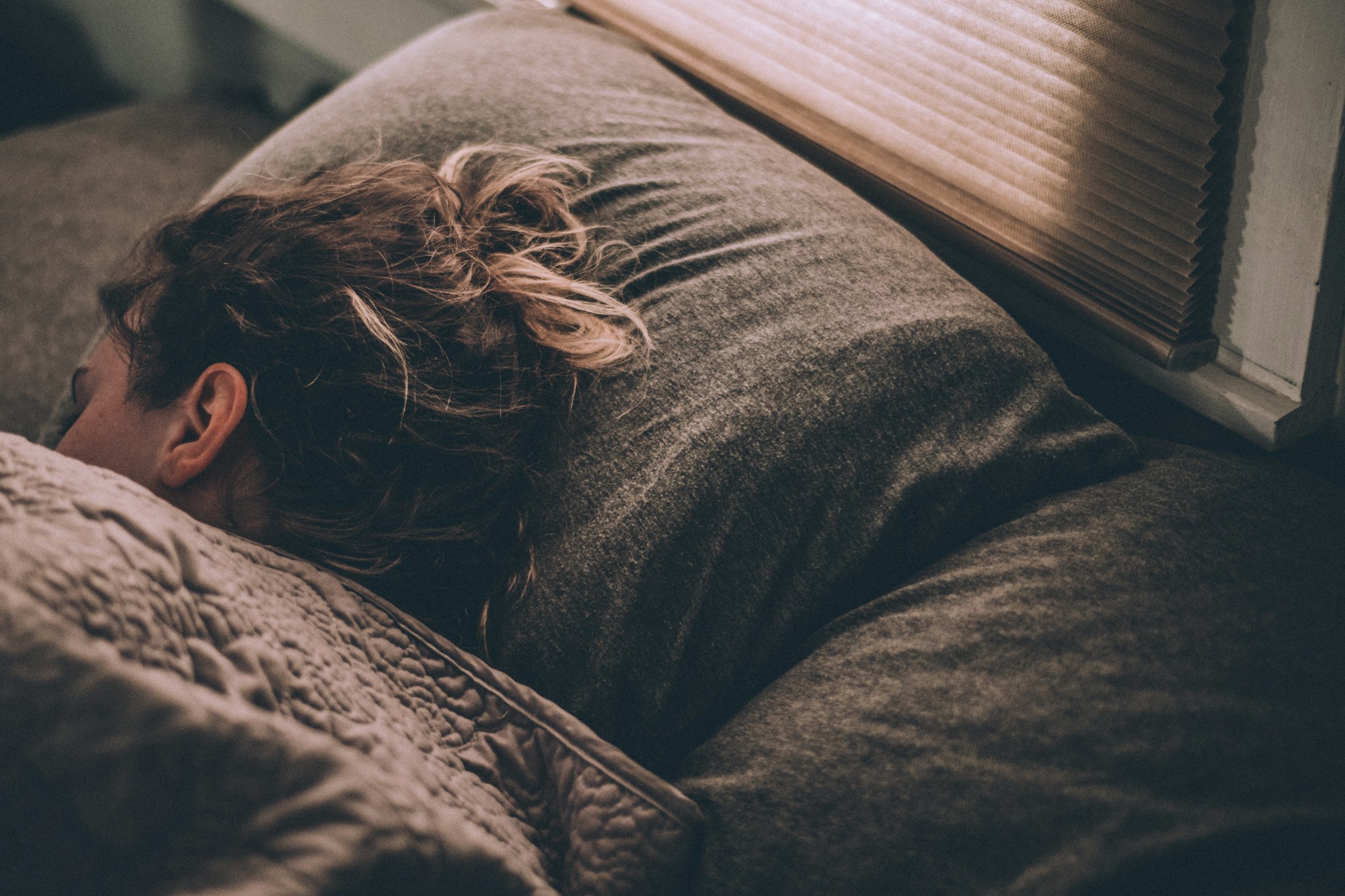Tips for Better Sleep
How Much Sleep Do I Need?
Although the amount of sleep you get each day is important, other aspects of your sleep also contribute to your health and well-being. Good sleep quality is also essential. Signs of poor sleep quality include not feeling rested even after getting enough sleep, repeatedly waking up during the night, and experiencing symptoms of sleep disorders (such as snoring or gasping for air). Improving sleep quality may be helped by better sleep habits or being diagnosed and treated for any sleep disorder you may have.
| Age Group | Recommended Hours of Sleep Per Day | |
|---|---|---|
| Newborn | 0–3 months | 14–17 hours (National Sleep Foundation) No recommendation (American Academy of Sleep Medicine) |
| Infant | 4–12 months | 12–16 hours per 24 hours (including naps) |
| Toddler | 1–2 years | 11–14 hours per 24 hours (including naps) |
| Preschool | 3–5 years | 10–13 hours per 24 hours (including naps) |
| School Age | 6–12 years | 9–12 hours per 24 hours |
| Teen | 13–18 years | 8–10 hours per 24 hours |
| Adult | 18–60 years | 7 or more hours per night |
| 61–64 years | 7–9 hours | |
| 65 years and older | 7–8 hours | |
Tips

Good sleep habits (sometimes referred to as “sleep hygiene”) can help you get a good night’s sleep.
Some habits that can improve your sleep health:
- Be consistent. Go to bed at the same time each night and get up at the same time each morning, including on the weekends
- Make sure your bedroom is quiet, dark, relaxing, and at a comfortable temperature
- Remove electronic devices, such as TVs, computers, and smart phones, from the bedroom
- Avoid large meals, caffeine, and alcohol before bedtime
- Get some exercise. Being physically active during the day can help you fall asleep more easily at night.
What Should I Do If I Can't Sleep
It’s important to practice good sleep habits, but if your sleep problems continue or if they interfere with how you feel or function during the day, you should talk to your doctor. Before visiting your doctor, keep a diary of your sleep habits for about ten days to discuss at the visit.
Include the following in your sleep diary, when you:
- Go to bed.
- Go to sleep.
- Wake up.
- Get out of bed.
- Take naps.
- Exercise.
- Drink alcohol.
- Drink caffeinated beverages.
Also remember to mention if you are taking any medications (over-the-counter or prescription) or supplements. They may make it harder for you to sleep.
Source: CDC.




